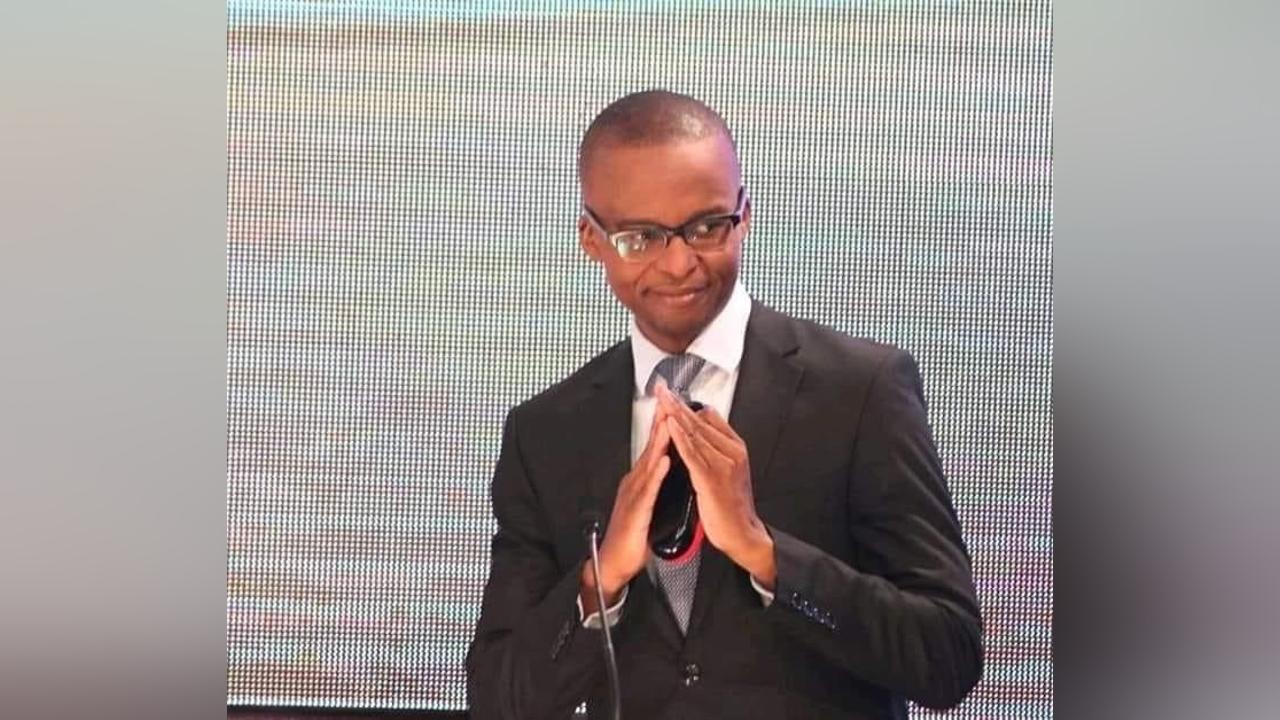Africa-Press – Botswana. Rural Botswana will become ready, with special purpose vehicles driving projects, says Acting President Ndaba Gaolathe.
Officiating at the 2024/25 Drought and Household Food Security and Vulnerability Assessment Report in Gaborone yesterday, he cited project such as Tswii processing in Okavango, Morula Beauty Lines in Tswapong and solar farms in Kweneng as some of the projects.
“Let it be known that economic transformation begins not in Gaborone, but in villages,” said Mr Gaolathe, adding that rural transformation was central to the country’s economic strategy.
He said Botswana’s future would not be built solely in sky-scrapers, instead it would be forged in the fields of Mosisedi, the salt markets of Zutshwa, and the innovation farms of Pandamatenga.
Drawing inspiration from India’s National Rural Livelihoods Mission, Mr Gaolathe envisioned a future where rural women and men were not just recipients of aid, but also drivers of commerce through self-help groups, digital platforms and smart cooperatives.
The Acting President outlined plans to revamp education, integrating classroom learning with real-world apprenticeships in agriculture, coding, agri-tech and entrepreneurship.
Modern cooperatives, he said will diversify beyond single products, selling branded goods, owning transport fleets and entering global markets with Botswana-made products.
Mr Gaolathe said rural areas such as Okavango, Tswapong, and Kweneng would see development of investment-ready projects funded through blended finance and private capital, not aid.
Regarding the pressing issues of drought and food security, Mr Gaolathe acknowledged the severity of current challenges, admitting that crops had been lost, markets disrupted and high malnutrition.
He thus urged resilience and innovation, adding that drought would no longer be a crisis but a catalyst for smarter irrigation, climate-resilient crops and predictive farming. The Vice President called for a rural Botswana that was open for business, with a focus on building sustainable, inclusive and resilient local economies.
Mr Gaolathe stressed the need to move away from traditional poverty management.
“We are not here to manage poverty or to just cope with hardship. We are here to declare war on rural stagnation,” he said, calling for bold action and signalling a new era focused on rural revitalisation and economic transformation.
The Acting President underscored the urgency of reimagining Botswana’s development strategy. “Let this be remembered as the moment Botswana chose boldness over band-aids,” he added.
He said existing Rural Development Council (RDC) was designed for yesterday’s problems, hence plans to overhaul it into a sharper, smarter and more sustainable institution capable of tackling today’s complex challenges.
Mr Gaolathe said that constraints should inspire innovation rather than limit vision. The Acting Vice President said that the strategies of the past, although noble, were insufficient for the future as the world has changed.
He further called for alignment with the government’s broader vision of transformative change. Central to his message was the President’s bold transformation agenda and the upcoming development of a comprehensive Economic Transformation Strategy by the Ministry of Finance.
He said that every sector, ministry and community must align behind a common goal of transforming Botswana’s economy from an extractive to a regenerative model, fostering inclusivity.
Mr Gaolathe said that institutions must be redesigned for impact, highlighting the need for infrastructure and policies that anticipated climate shocks. He urged a mind-set shift; from dependency to dignity, from survival to enterprise especially within rural communities.
He spotlighted rural transformation as a central pillar of the nation’s economic strategy. “Botswana’s future will not be built solely in skyscrapers but in the fields of Mosisedi, the salt markets of Zutshwa and the innovation farms of Pandamantenga.”
For More News And Analysis About Botswana Follow Africa-Press






